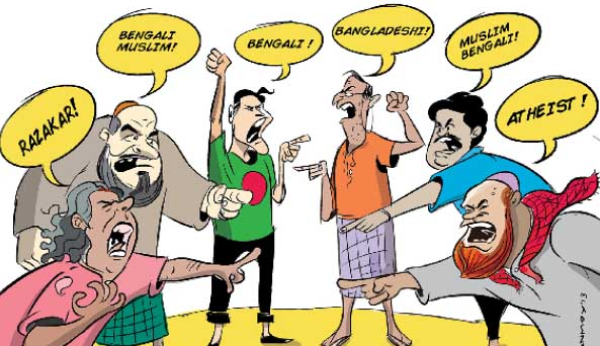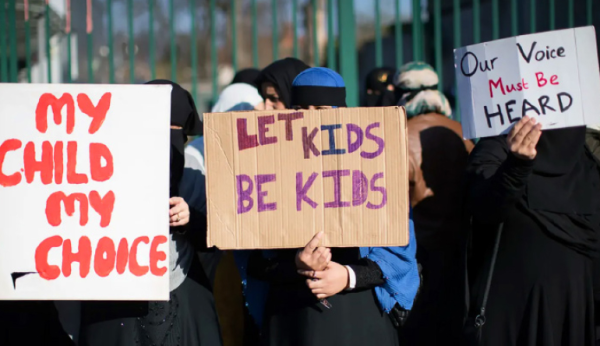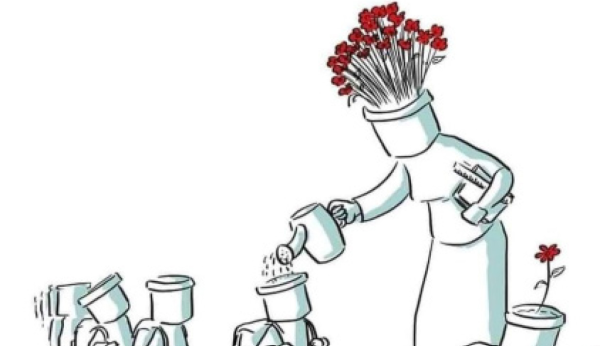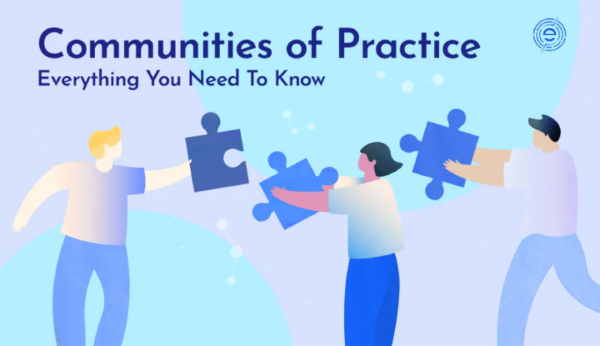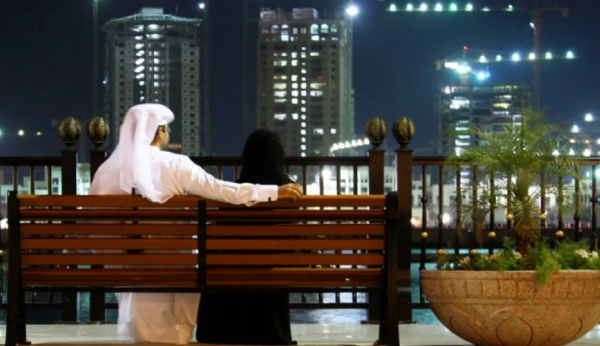Sexual and Reproductive Health and Rights (SRHR) Obstacles
Sexual and Reproductive Health and Rights (SRHR) Obstacles
Sexual and Reproductive Health and Rights (SRHR) Obstacles
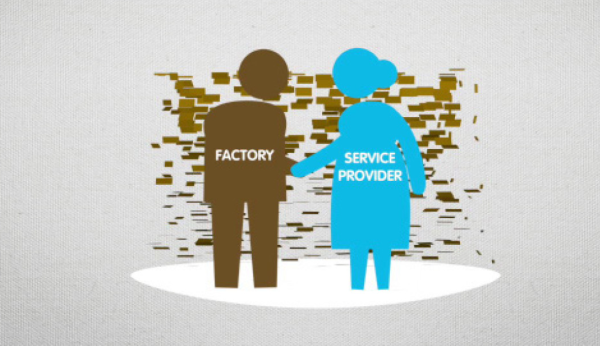
Women’s sexual and reproductive health and rights are crucial because they directly affect their ability to make decisions and guarantee fundamental human rights. The impediments to SRHR are a constant focus of efforts by regional and global stakeholders. Our sustainable development and millennium development goals are mostly contained there. In developing nations like Bangladesh, India, Nepal, Pakistan, Sri Lanka, Myanmar, Afghanistan, etc., SRHR promotion is essential. The following discussions include various SRHR obstacles.
“Any act of gender-based violence that results in, or is likely to result in, physical, sexual, or psychological harm or suffering to women, including threats of such acts, coercion, or arbitrary deprivation of liberty, whether occurring in public or in private life,” is how the United Nations defines violence against women.
Due to SRHR being stigmatized in society, our kids do not have a thorough understanding of it. When it comes to menstruation, mothers often ask their daughters to keep it a secret, despite the fact that it is a normal part of being a woman. According to the World Health Organization, it is clear that young people and other vulnerable communities have limited access to safe abortion, contraception, and detailed information on sexual and reproductive health rights. Abortion that is unsafe has fatal effects on the female body. There is a medical system for safe abortion care that is recognized worldwide. A method of providing abortion care is to control the menstrual cycle using mifepristone and misoprostol. However, because women often lack access to the right information about such practices, they are frequently at risk.
Another hurdle for SRHR is the lack of healthcare services. We are still unable to recognize how much health care is needed for women. In comparison to urban women, rural women have been lagging behind for years in receiving adequate health treatments. Urban health facilities are not sufficiently equipped to meet the needs of the local populace. The lack of qualified medical professionals contributes to a number of health issues for women.
Another form of barrier to SRHR is child marriage and forced pregnancies. Even in this modern era, the majority of parents marry off their daughters young. Most of the time, women have no rights to choose their partners. Teenage females are occasionally coerced into marriage by men out of fear of losing a loved one or themselves. Then it comes out resulting in early pregnancies and fatal health issues. In this patriarchal society, women are frequently blamed for having unintended children.
Sexual and gender-based violence can take many different forms, such as early marriage, forced pregnancies, compulsion, and threats. When children see their loved ones being tortured, it compromises their mental health. It can occasionally result in self-harm, attempts at suicide, or seclusion. Additionally, SGBV causes stress, anxiety, and sadness. SGBV has a variety of negative effects on women, particularly adolescents, in the areas of physical, social, emotional, and economic health.
According to a World Vision report, either physical or sexual intimate relationship abuse or non-partner sexual violence has affected 35% of women worldwide. 7% of women worldwide have experienced sexual assault by a person other than a romantic relationship. In addition, 38% of homicides of women are carried out by the spouse. The worst kind of SGBV is intimate relationship violence, in which a close relative assaults or degrades the victim.
For years, international leaders and their country partners have taken steps to safeguard women from all forms of violence. However, it is not dealt with or minimized as needed. Therefore, individuals from all sectors must develop their own plan to create a long-term solution to SGBV. The development and implementation of policies, plans, and projects that support and safeguard young people’s sexual and reproductive rights must be our primary concern.
It is necessary to include a community of practice where stakeholders from many sectors can develop their own strategies and plans for lowering the rate of violence in society. Additionally, they would concentrate on developing a space from which information and expertise about sexual and reproductive health and rights could be shared.
Since young people are seen as the future change agents of the world, engaging them in SRHR may be a viable approach. They can assist us in creating a welcoming environment for women where they will receive a positive response from everyone. The practice of bodily autonomy can be very effective in addressing SRHR and GBV-related problems. It denotes the freedom of decision-making, the capacity to make changes, the supreme authority of one’s own body, and other rights-based actions.
Depending on the skills and interests, women should be offered equal opportunity. Their family and society must take extra care of and assist them. Prioritizing women’s consent should be the top priority while getting married. The legal age of marriage in Bangladesh is 18 years for women and 21 years for men, as per the Child Marriage Restraint Act (1929). Every teenage girl has the right to object to getting married before her assessed marriageable age. Another form of behavior where a person is treated differently depending on their race and social standing is obstetric violence. Along with that, individuals frequently continue to be denied their fundamental rights.
Violence against women is acknowledged as a form of discrimination and a violation of human rights under the Council of Europe’s convention on gender-based violence. States are accountable if they fail to effectively address such violence. States that have ratified the Convention are required to invite their parliaments to take part in the monitoring process.
Gender-based violence damages a person’s sense of self-worth and self-esteem and violates the fundamental human right to be free from violence. Some of the main obstacles to SRHR include poor socioeconomic situations, a lack of comprehensive sex education, a lack of family support, and a lack of bodily autonomy. To combat GBV and ensure SRHR, we only need to ensure that our joint plans are carried out.
The author of this article is a Public Health Researcher, BRAC James P Grant School of Public Health, BRAC University.
 Md. Jahedul Islam
Md. Jahedul Islam 

